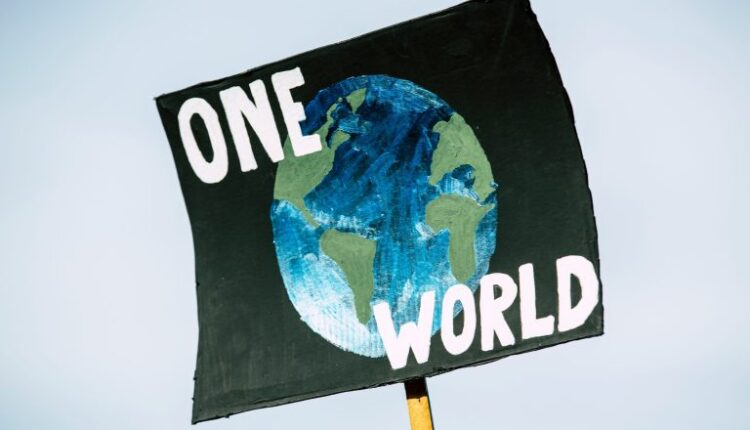Climate Change Means Good Coffee Is 'No Longer A Given' – CoffeeTalk
The coffee industry is sensitive to climate change, as it only grows in a narrow band around the equator under specific conditions. This instability is disappearing, leading to more frequent unpredictable rain, longer droughts, and sudden hailstorms. This results in coffee beans no longer ripening simultaneously, making harvesting much more labor-intensive. Harvests fail, coffee quality fluctuates, and farmers have less income and higher costs.
The Red Cross works with local volunteers on prevention, investing in preventing a disaster saves an average of 16 euros in emergency aid afterwards. Coffee only grows in a narrow band around the equator, under very specific conditions. In recent years, extreme weather has disrupted the flowering of the plant, resulting in loss of quality. Diseases and pests also pop up more often, and monocultures make coffee extra vulnerable.
Wakuli works primarily with farmers in vulnerable areas, such as Mbinga in Tanzania, or Idjwi island in Congo, where there are few other buyers. Their approach makes the biggest difference by providing high-quality coffee at a price that works for everyone.
Wakuli and the Red Cross are both active in Myanmar, which has just suffered a major earthquake and is unsettled. After the recent earthquake, the Red Cross scaled up its assistance, providing food, medical aid, shelter, and clean water to help people resume their lives.
After the coup, many companies left the country, but Wakuli continued to work with them to avoid punishment due to their regime. The Red Cross has those contacts with the local population because its volunteers speak the language and know the culture. If a company or organization wants to get closer to the local community, it can also do so through the Red Cross.
The Red Cross is working to make farmers more resilient by raising awareness of risks and their own strengths. They enable them to make smart choices by analyzing data together and testing regenerative methods. In Uganda, a growing group of farmers is embracing compost production and the use of ground cover because the coffee yield is simply higher.
The Red Cross works with village councils to map risks and build warning systems to help people leave their homes in time when flooding threatens or bring in the harvest earlier when it gets very dry. Local people know best what works for them, and the Red Cross facilitates this process.
In Indonesia, local volunteers dig half-moons, or earth smiles, which retain rainwater longer, so that it slowly seeps into the ground. In Honduras, the Red Cross even produces Red Cross coffee together with coffee farmers, with the proceeds going to the community. In Tanzania, the Red Cross is starting a compost project with 50 farmers, supporting them in making compost and testing the effect against plots of land where artificial fertilizer is still being used.
Regenerative agriculture is particularly important for coffee, as it helps build resilience by returning to shade trees, ground cover, and compost. By doing so, much is still possible, making the whole community more resilient. According to the UN, 40% of all land on earth is so dry that it is no longer very suitable to grow crops on.
To make coffee more affordable, the Red Cross aims to combine its expertise with companies that work with farmers. By focusing on quality at home, farmers can make the coffee more sustainable.
The current situation of coffee farmers is concerning, as many people worldwide depend on stable conditions. The Red Cross can usually still help, but if disasters keep piling up, they will soon be unable to provide help everywhere even with all their volunteers.
To make the system more robust, the Red Cross should work with farmers locally, respectfully, and long-term. When linking that knowledge to technology and fair trade, things really start moving.
Meine van der Graaf’s company Wakuli is a fast-growing Dutch sustainable coffee brand that pays 16,000 coffee farmers in 13 countries a fair price and helps them work sustainably. Harm Goossens, Unilever’s global head of sustainability, saw how dependent supply chains for food, herbs, spices, and other raw materials are on stable natural conditions and resilient local communities.
Read More @ Climate Centre
Source: Coffee Talk



